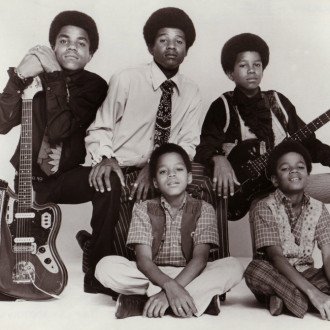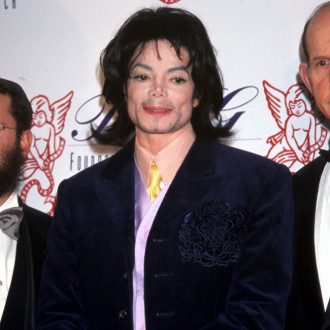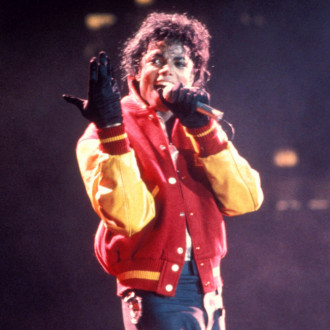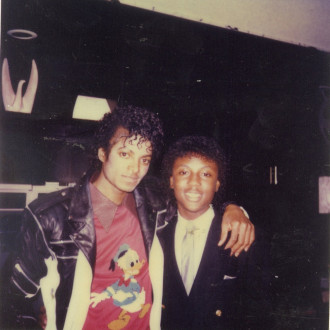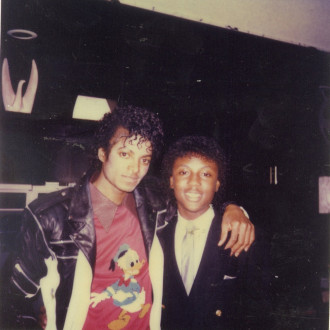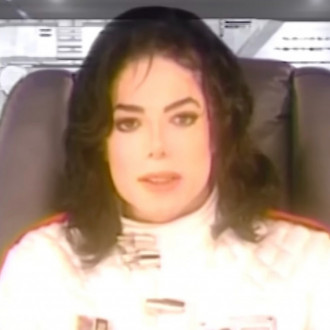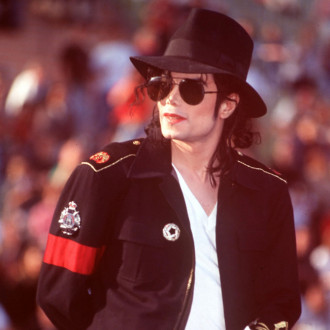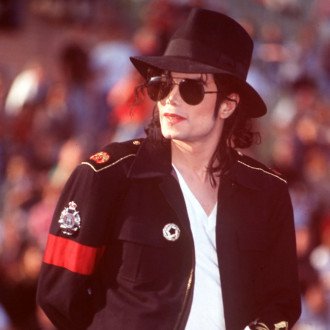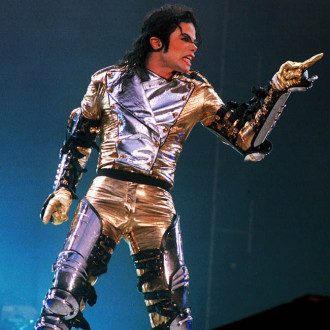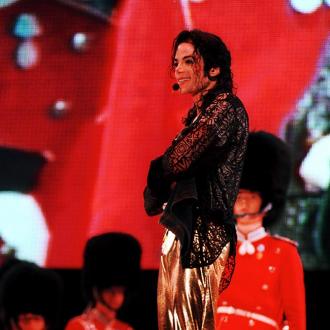Conrad Murray's Timeline 'Error'
By Bang Showbiz on 17 February 2010
Michael Jackson's personal physician Dr. Conrad Murray has changed his story of events surrounding the death of the late 'King of Pop'.

Dr. Conrad Murray has changed his story of events surrounding the death of Michael Jackson.
The physician - who has pleaded not guilty to the involuntary manslaughter of the pop star - has claimed he made "a mistake" during his first interview with the Los Angeles Police Department and admitted he was wrong about what happened following the death of the late 'Thriller' singer.
His lawyer Michael Flanagan said: "Dr. Murray's timeline of events that day when Michael Jackson died is wrong. Doctors make mistakes, and that is what he did, and it was simply just that, a mistake."
In Murray's initial interview with police, he claimed he gave Michael the powerful sedative Propofol at 10.50am, left the house for a couple of minutes to visit the toilet, and returned to find Michael unconscious.
After trying to revive Michael with CPR, Murray left it over an hour to call emergency services at 12.21pm - during which time he telephoned another patient of his, Bob Russell, to discuss the results of a heart scan.
However, according to Flanagan, Murray has admitted he made a mistake about the sequence of events, and is keen to rectify this before he is in court.
Murray's timeline of events are expected to be the basis of his upcoming court case, and these changes are significant to both prosecution and defence.
Michael died on June 25 from an acute Propofol intoxication.
Although the changes made to Murray's account of events have not been revealed, it is being speculated he will admit he didn't check on Michael two minutes after giving him the medication as previously claimed.
Website Radar Online said: "If Murray did administer Propofol to Jackson at 10:50 am as he initially told police, it would be natural for cops to assume he did not come back and check on Jackson until several minutes after mid-day, when he rushed off the phone to go to Jackson's aide. That would mean he most likely left Jackson alone for approximately 73 minutes - not two minutes as he claimed - after administering Propofol, which would be extremely damaging to his defence.
"Murray's calm phone call to a patient at 11:54 am would fit a police theory that he did not check on Jackson after administering Propofol."
Contactmusic
Movies and Trailers

Michael Jackson's This Is It Movie Review
Since no one will ever see the epic show, the next best thing is this...
